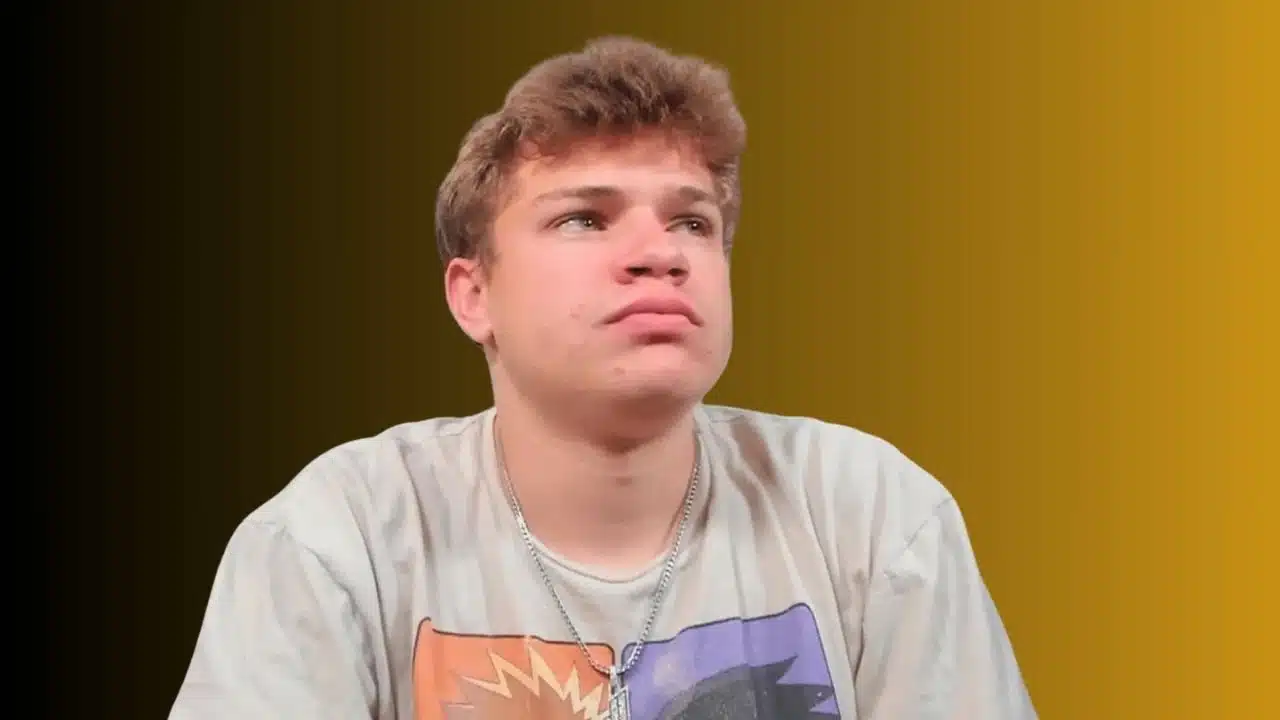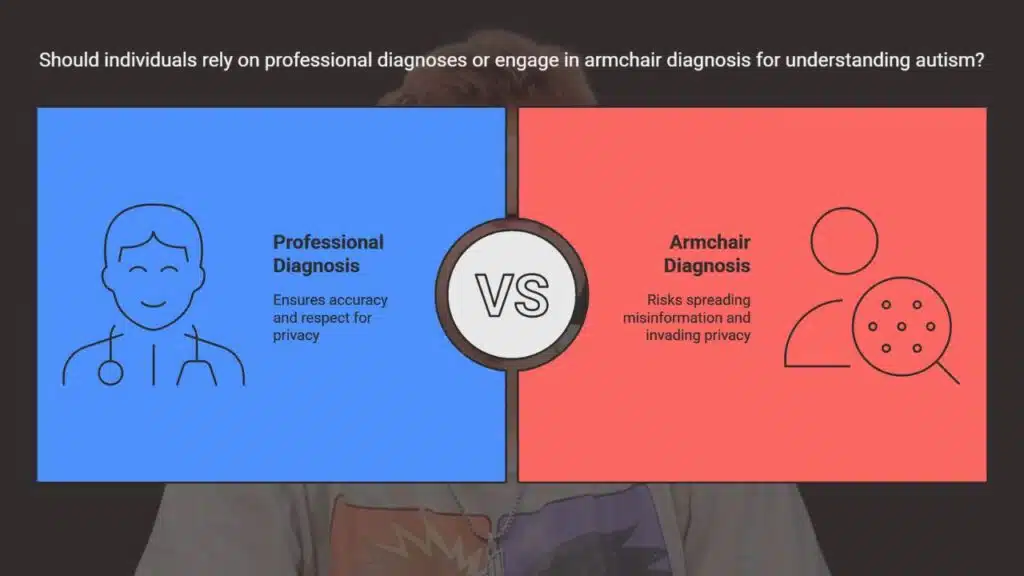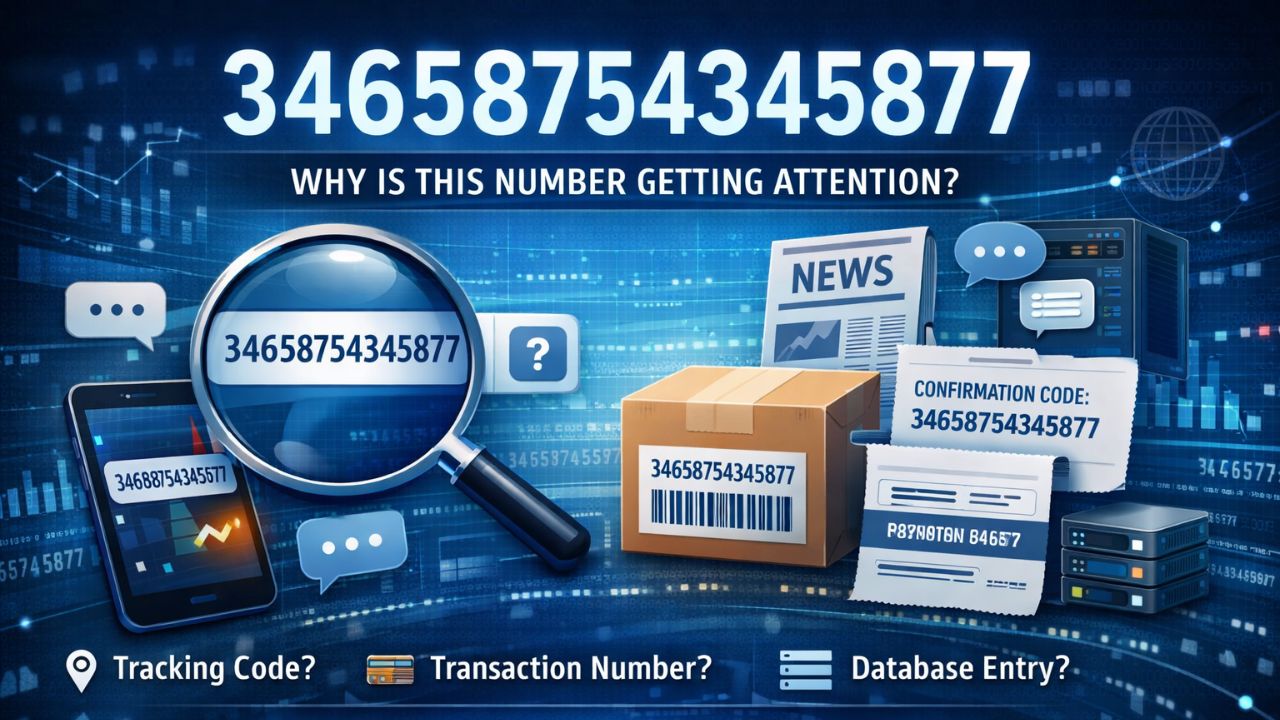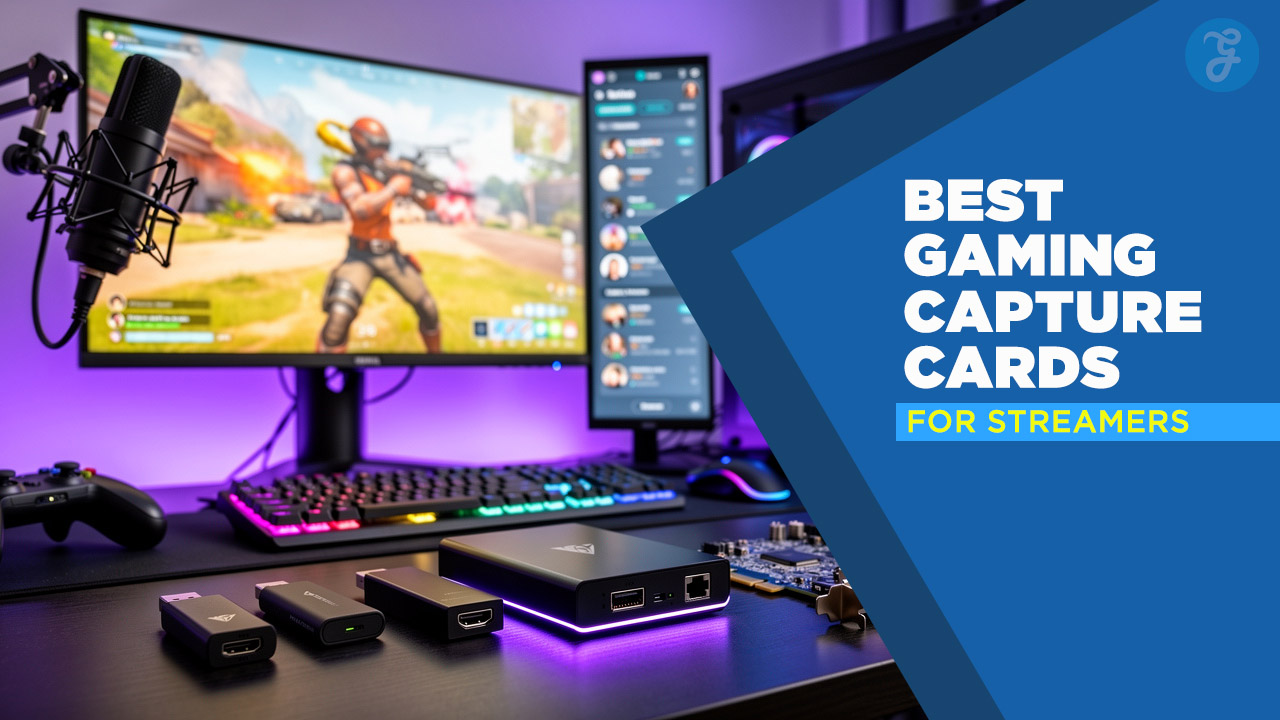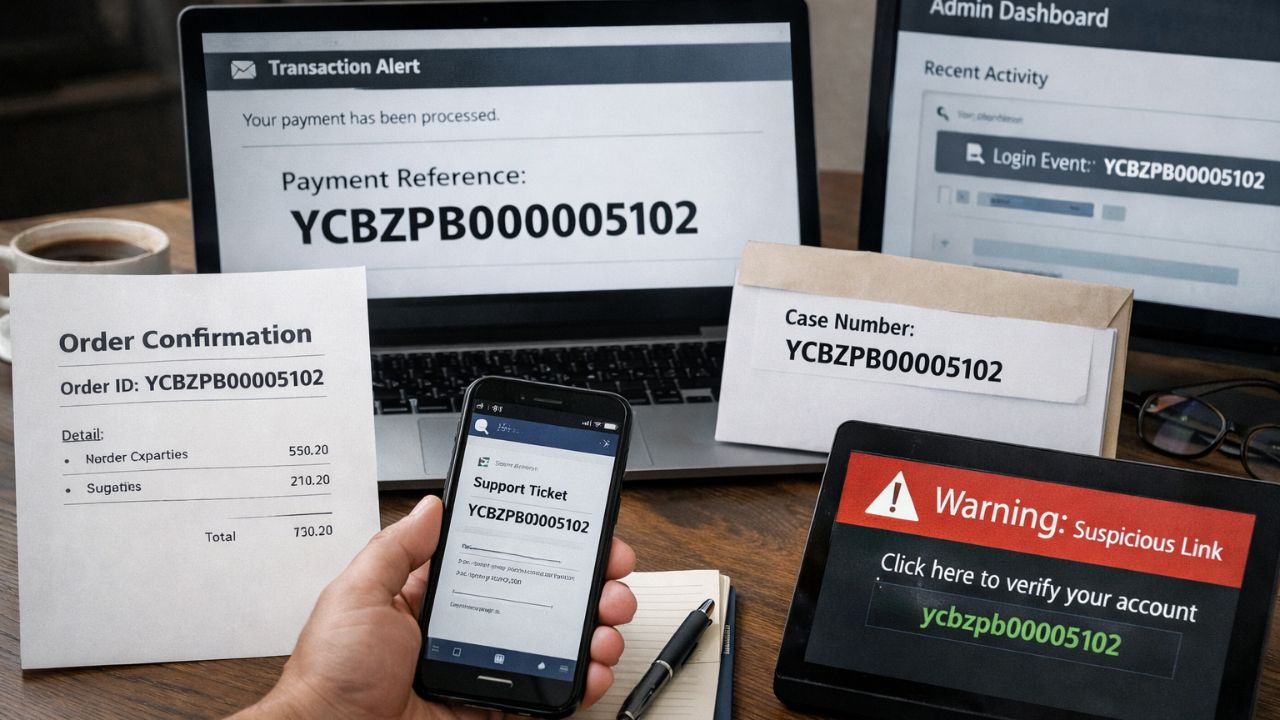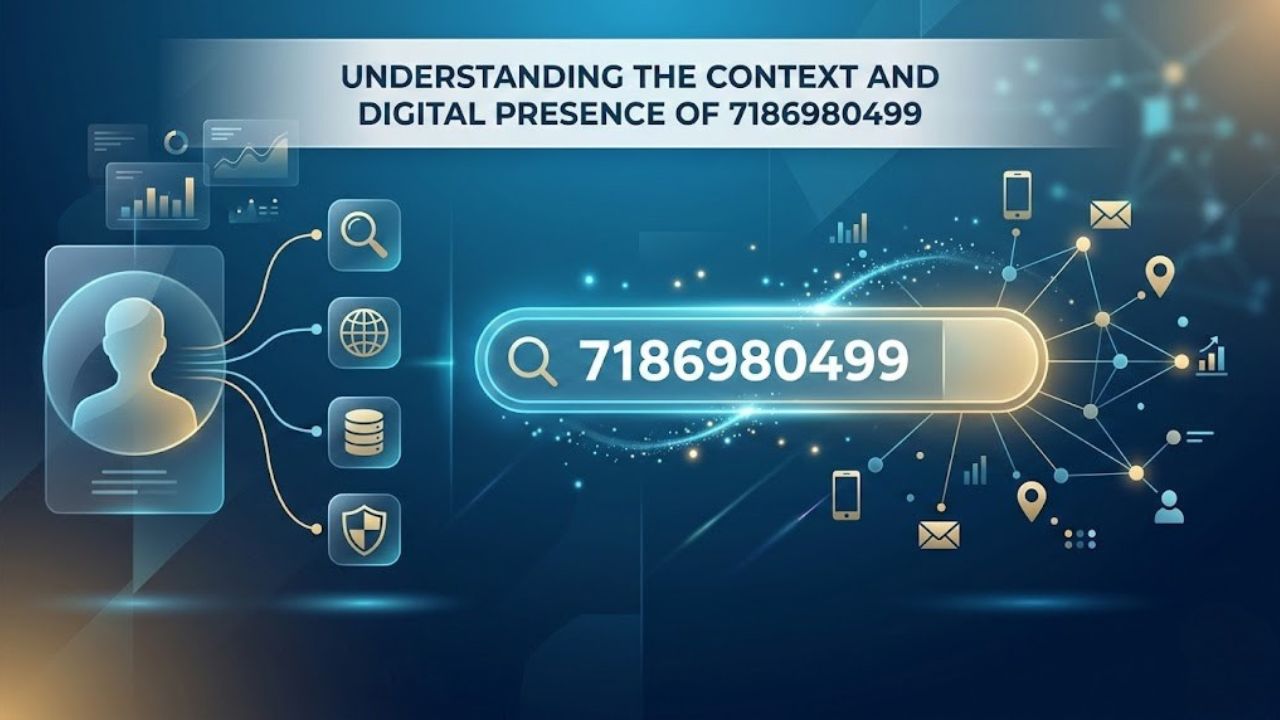Many people are asking, “Does Jynxzi have autism?” This question is big online. People watch Jynxzi stream and wonder about his actions.
Jynxzi is known for being full of energy when he plays games live. Some viewers think his unique way of acting might mean he has autism spectrum disorder (ASD). Autism affects how a person acts with others and sees the world.
Our blog will help you understand this topic better. We will talk about why guessing if someone has autism from watching them online is not good. Also, we explain why a real doctor’s opinion is needed.
Keep reading to learn more.
Key Takeaways
- People wonder if Jynxzi, a popular streamer, has autism because of his unique behavior online.
- Guessing about someone’s health without real knowledge can spread wrong ideas and invade privacy.
- Experts should check if someone has autism. Watching someone online does not show the full picture.
- It’s important to respect people’s private lives and focus on their work instead of personal details.
- Supporting everyone in gaming communities, including those with autism, makes gaming better for all.
Who is Jynxzi and Why Are People Talking?
Jynxzi is a well-known streamer with more than 1 million people following him on his YouTube channel. He acts in ways that make many watch him. His way of showing himself includes lots of loud screams and showing feelings in big ways.
This makes some fans think he might be autistic because these can be signs of the neurodevelopmental disorder.
People started talking more after Jynzxi shared a video that showed him very upset and saying he needs a break. Even though Jynxzi has not talked about his personal life or answered questions, fans want to know what he thinks.
They keep guessing about his social skills and behavior online.
Understanding the Speculation Around Jynxzi
Fans started talking about Jynxzi because they noticed his unique way of acting during streams. They saw him focus a lot on gaming, talk fast, and show high energy. Some fans thought these traits might mean Jynxzi has autism.
Autism can make socializing hard, lead to doing the same things over and over, make people very sensitive to sounds or lights, and cause trouble with speaking well.
But not everything fits this idea. Jynzxi talks to fans well which does not match what some think autism looks like. Also, getting really into games is normal for many players who stream their play online.
His special way of expressing himself could just be part of his online character. So, guessing if he has autism just from watching his videos is not easy or always right.
The Dangers of Online Armchair Diagnosis
Jumping from the chatter around Jynxzi, there’s a risky trend growing online. People try to guess if someone has a condition like autism without real training. This act is called armchair diagnosis.
It’s not safe or fair.
Guessing can make wrong ideas about autism stronger. It also steps into people’s private lives too much. When lots of people share these guesses, they might spread false facts. If these guesses reach many ears, it could harm the person’s job if not true.
Traits that some think show autism might come from other conditions too, such as ADHD or anxiety. Not every streamer who acts differently has autism. We all have our own ways and reasons behind them.
Jynxzi’s Streaming Style and Public Behavior
Jynxzi’s streams are pulsating with vitality. He converses rapidly, syncing with the game’s pace, making his content noteworthy. His ability to maintain intense focus while gaming is a trait many gamers can relate to.
Jynxzi also retains unique methods and verbal expressions that differentiate him positively.
He interacts effectively with his followers, indicating his sound interpersonal skills. Some individuals may argue these behaviors aren’t consistent with autism. Still, we should keep in mind on-stream actions might result from attempts to entertain or integrate into the community.
Without an off-camera perspective, misconceptions about a person might arise.
Coming up: The Impact of Autism Speculation on Content Creators
The Impact of Autism Speculation on Content Creators
Content creators face tough choices with rumors about their brains. They must decide to talk or stay quiet. Sharing personal info brings stress. If people say they have autism, they feel pressure.
They worry about being the only voice for autism online.
This speculation can hurt their work too. Their skills and talents go unnoticed as everyone focuses on whether they have autism. This can lead to wrong ideas or using them just for their diagnosis, not their gaming skills.
Next, we’ll look at why guessing is not as good as knowing from a pro.
The Importance of Professional Diagnosis Over Assumptions
Getting a true autism diagnosis is not simple. Doctors look at how you act in different places, talk to your family, and check if another health issue could be the cause. They watch how you behave over time before saying if it’s autism or not.
This careful check keeps mistakes low.
Guessing someone has autism just from watching them online can lead to wrong ideas. Streamers like Jynxzi show only part of themselves on screen. Without seeing their life off-camera, guessing misses the full picture.
Letting experts make the diagnosis respects everyone’s privacy and ensures accurate understanding.
Respecting Privacy and Boundaries of Online Personalities
After we examine why we should respect expert opinions over assumptions, it becomes apparent that honoring people’s private lives online is essential. Online celebrities, like Jynxzi, expose a lot but not all.
They decide what to display to us. This indicates that certain aspects are exclusively for them, not for us. Concentrating on what they willingly share enhances our appreciation of their work.
Content creators develop narratives and universes for us to explore. Their personal lives ought to remain their own. When followers speculate about their off-camera lives, it may lead to emotional distress or more severe consequences.
It’s advisable to focus on the enjoyable parts they wish for us to notice and continue supporting them without violating boundaries.
Supporting Neurodiversity in Gaming Communities
Gaming communities can do a lot to support neurodiversity. First, learning about autism and what makes people’s brains work differently is key. This knowledge helps stop bad stereotypes and unfair treatment in games.
Everyone should welcome players who think differently.
Making games and gaming spaces easy for everyone to use is also important. These changes are good for all players, not just those with autism or other differences in how they think.
Plus, focusing on the great things creators make and how they connect with fans matters more than anything else. By doing these things, we make gaming better for everyone.
Takeaways
People talk a lot about Jynxzi. Some think he might have autism because of how he acts online. But guessing someone’s medical condition without real proof can be wrong and hurtful.
Jynxzi likes to share his love for games in a very lively way, but that doesn’t mean he has autism. It’s best to leave such guesses to doctors who know how to check properly. We should focus on being kind and supportive, no matter what.
Let’s cheer for everyone’s unique self and make gaming a place where all can feel at home.
To learn more about the person behind Jynxzi, visit our detailed profile at Discovering the Real Name Behind Jynxzi.
FAQs
1. Who is Jynxzi?
Jynxzi is a person of interest in our discussion. We’re looking into the question of whether or not they have autism.
2. What are we trying to find out about Jynxzi?
We’re exploring the truth behind claims that Jynxzi has autism, aiming for clarity and understanding.
3. Can you confirm if Jynxzi has autism?
We can’t provide a definitive answer without proper medical documentation or personal confirmation from Jynxzi themselves regarding their condition.
4. Why does it matter if Jynxzi has Autism?
Understanding if someone like Jynxzi has Autism can help us better comprehend how they interact with the world around them, enhancing empathy and awareness about this neurological difference.


